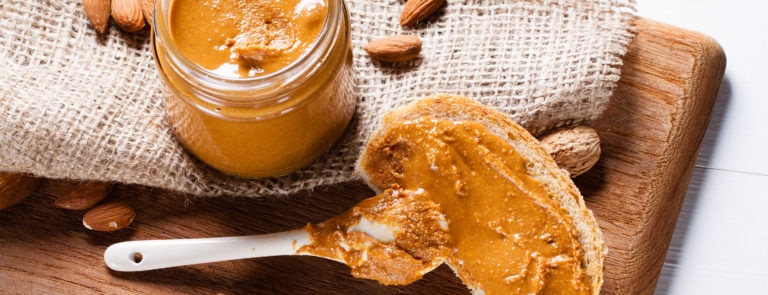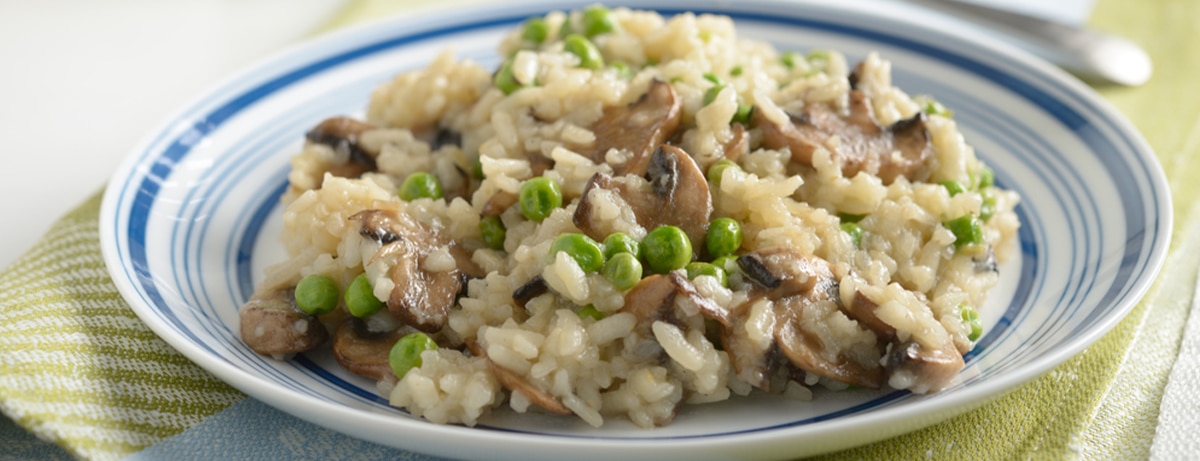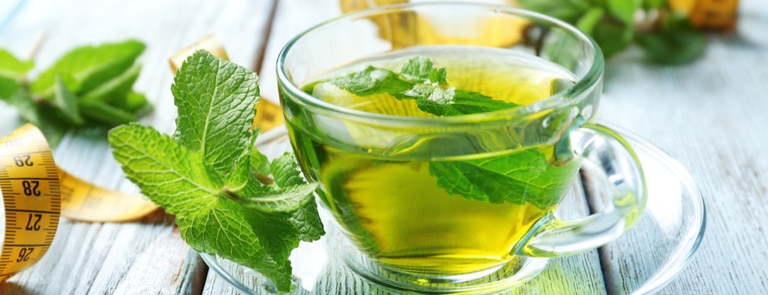20% off £30
Code:FLASH
Why take a vitamin-B complex?

There are several different types of B vitamins, each doing different jobs in the body. If you wish to cover all bases, vitamin B complex is your best bet. Find out more about this vitamin group and who might need it the most here.
If you’re confused by which individual vitamin B you need, a B-complex can help you cover your bases.
There are several different types of vitamin B. Each form has a slightly different job in the body, but they all work together too.
A vitamin B-complex is a supplement that combines all eight essential B vits, but this can sometimes refer to the actual group of eight vitamins too.
Why do we need B vitamins?
In general, the B vitamins help keep your nervous system healthy and support your body to break down food so it can use the energy released as fuel. Some forms – chiefly vitamins B12, B6 and folic acid – help your body make red blood cells, while others are important for healthy skin, hair and nails.1Handpicked content: Eight essentials for healthy skin
The eight B vitamins are:
- thiamin (vitamin B1)
- riboflavin (vitamin B2)
- niacin (vitamin B3)
- pantothenic acid (vitamin B5)
- vitamin B6
- biotin (vitamin B7)
- folic acid (folate)
- vitamin B12
How B vitamins work together
All the B vitamins are important individually, but some of them also work in teams or partnerships. That’s why it’s essential to get a good balance of all of them. For example, vitamin B12 works with folate to help make red blood cells, and to produce S-adenosylmethionine (SAMe) – a compound that’s involved in immune function and mood. Vitamins B12, B6 and folate work together to manage levels of the amino acid homocysteine. High levels of homocysteine in the blood have been linked with heart disease. And B2 allows B6 and folate to work properly!2It’s all synergistic.Handpicked content: What is Vitamin B12 and why is it so important?
Are you getting enough B vitamins?
Although it’s not that hard to get most of the B vits from our food, they are water-soluble, which means we don’t store them in the body and need to keep replacing them every day. Some of the B vitamins are only needed in small amounts, such as biotin, while others, like B5, are easy to find in your everyday diet, so most of us are unlikely to be missing out on those.3The best sources of B vitamins
Eating plenty of meat, poultry, fish, eggs, dairy, green leafy veg and wholegrains should give most people enough B vitamins. But as the B vitamins are important for so many cornerstones of our health, it may also be worth taking a supplement as insurance. Taking a vitamin B-complex benefits certain people who may also need higher levels of specific B vitamins, or struggle to eat enough of the foods that contain them.Who might be missing out on B vits?
• Anyone following a strict vegan diet will miss out on B12, crucial for making red blood cells, as it’s only found in meat, fish and dairy products and not in fruit and veg. If that’s you, you’ll almost certainly need to take a supplement, so speak to your doctor.4 • If you’re pregnant or trying to conceive, it’s very important to make sure you’re getting enough folate. Folate, or folic acid, is essential for preventing birth defects such as spina bifida.It’s found in small amounts in foods such as leafy green veg, chickpeas and liver. The government recommends taking 400mcg a day from the time you stop using contraception until you’re 12-weeks pregnant.5
• If you’re under a lot of stress, you may benefit from upping your intake of B vitamins. Australian research published in Nutrition Journal in 2014 suggests stress causes a higher demand for these nutrients.6 Taking B vitamins may help protect your body from the effects of stress, although research is still ongoing.
• Those with eating disorders and heavy drinkers may sometimes be low in B vitamins. And anyone who doesn’t have a balanced diet is at risk of deficiency.7,8
Handpicked content: About stress and how you can manage yours
Advice is for information only and should not replace medical care. Please consult a doctor or healthcare professional before trying any remedies.
Shop our Vitamins & Supplements range.
Advice is for information only and should not replace medical care. Please consult a doctor or healthcare professional before trying any remedies.
Sources
1. NHS Choices. B vitamins and folic acid. Available from: https://www.nhs.uk/conditions/vitamins-and-minerals/vitamin-b/ 2. University of Maryland Medical Centre. Vitamin B12 (Cobalamin). Available from: https://www.umm.edu/health/medical/altmed/supplement/vitamin-b12-cobalamin 3. NHS Choices. B vitamins and folic acid. Available from: https://www.nhs.uk/conditions/vitamins-and-minerals/vitamin-b/ 4. The Vegan Society. What every vegan should know about vitamin B12. Available from: https://www.vegansociety.com/resources/nutrition-and-health/nutrients/vitamin-b12/what-every-vegan-should-know-about-vitamin-b12 5. NHS Choices. Why do I need folic acid in pregnancy? Available from: https://www.nhs.uk/chq/pages/913.aspx?categoryid=54 6. Stough C et al. Reducing occupational stress with a B-vitamin focussed intervention: a randomized clinical trial: study protocol. Available from: https://nutritionj.biomedcentral.com/articles/10.1186/1475-2891-13-122 7. Rock CL and Vasantharajan S. Vitamin status of eating disorder patients: relationship to clinical indices and effect of treatment. Available from: https://www.ncbi.nlm.nih.gov/pubmed/8556021 8. Laufer EM, et al. Effects of moderate alcohol consumption on folate and vitamin B(12) status in postmenopausal women. Available from: https://www.ncbi.nlm.nih.gov/pubmed/15138463Related Articles
Shop by wellness goal
Sign up for exclusive offers
Plus, get expert advice to support your health & wellness straight to your inbox when you sign up to Holland & Barrett emails.
Read our
privacy policy













